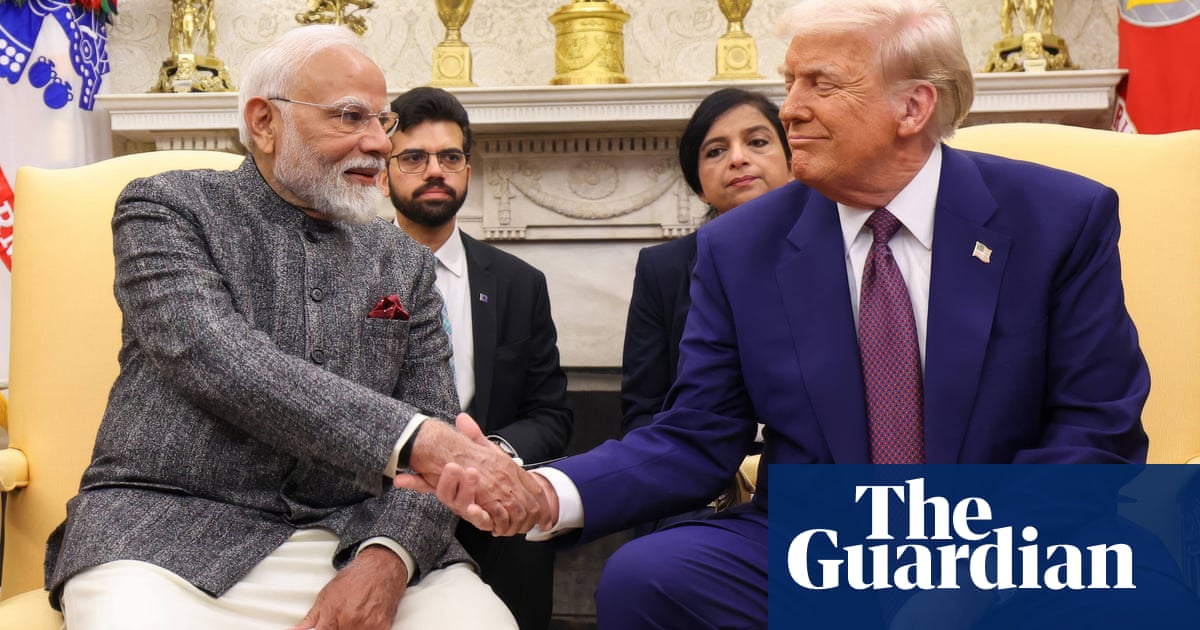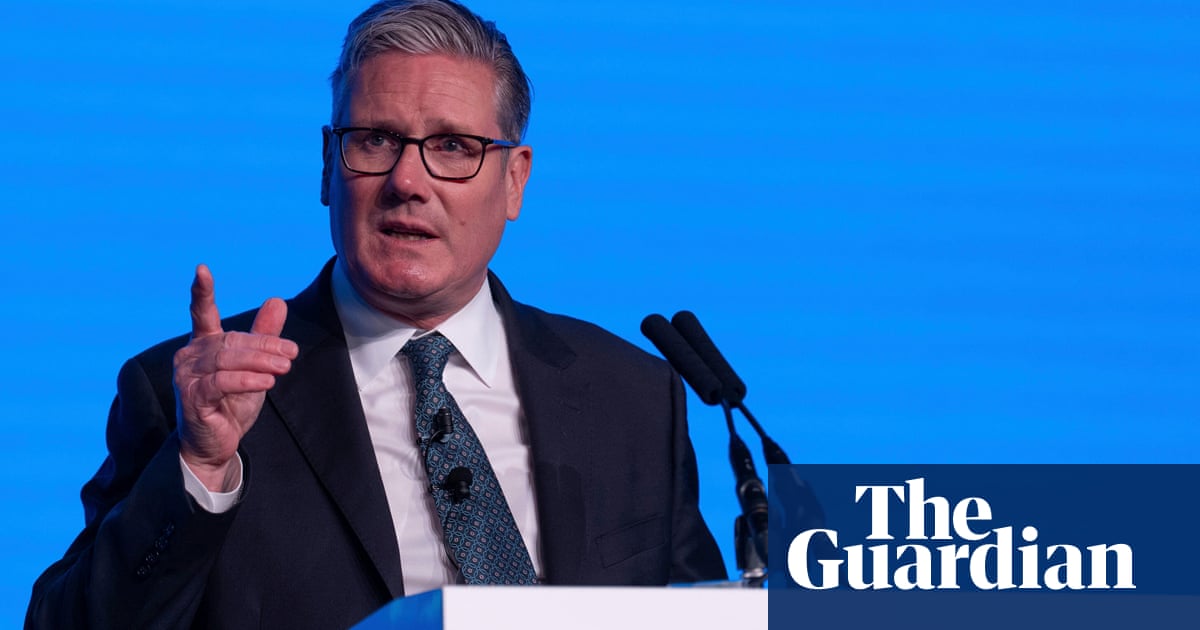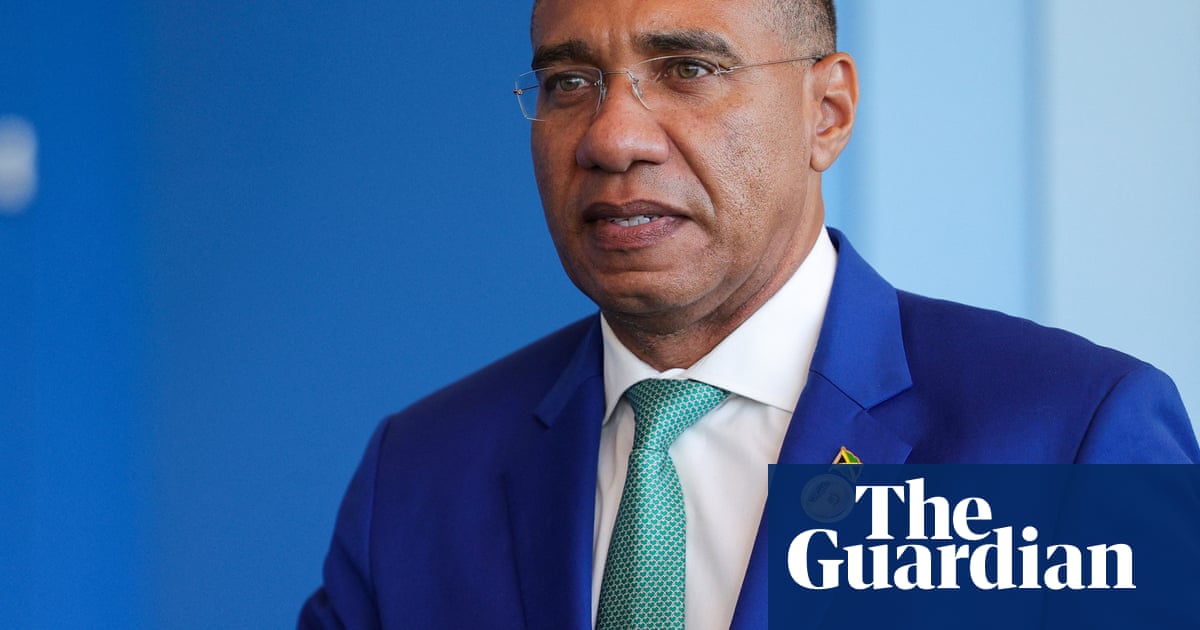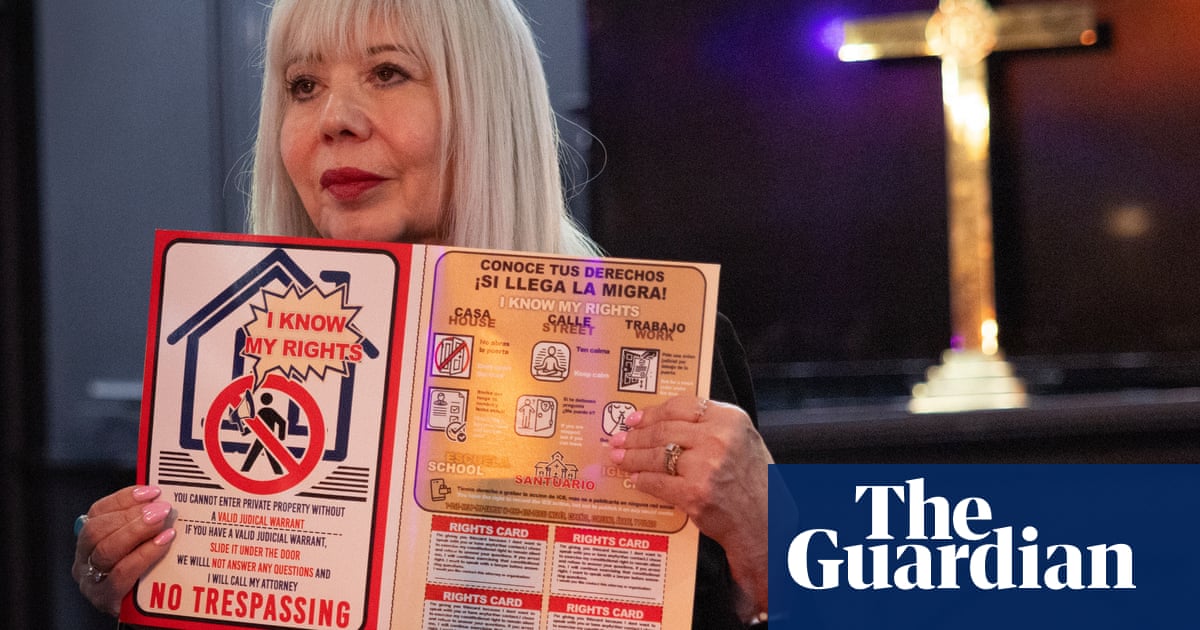An Italian priest who has a close relationship with Pope Francis and was previously in telephone contact with him was notified he had been a target of a sophisticated surveillance tool used by a government, a revelation that will increase pressure on Giorgia Meloni’s government after other similar cases.
Father Mattia Ferrari is a chaplain on the migrant rescue ship owned by the NGO Mediterranea Saving Humans, whose founder, Luca Casarini, revealed this month that he was a victim of a military-grade spyware attack.
Ferrari said he was notified by Meta, the owner of Facebook, WhatsApp, Instagram and Threads, in February 2024 that he was the target of a “sophisticated attack supported by unidentified government entities”.
No further information was provided but the notification came a few months after Ferrari, Casarini, and David Yambio, an Italy-based human rights activist and also a spyware attack victim, had met the pope at his home in the Vatican. The meeting had been aimed at consoling a man from Cameroon who lost his wife and child in the desert between Tunisia and Libya in July 2023 after being returned there by Tunisian authorities.
“It wasn’t pleasant news when I discovered that my phone had been attacked,” Ferrari told the Guardian. “When I learned that Luca had been spied on, I knew that I too could be a target. I believe it’s quite clear that government agencies are behind it. Unfortunately, for many years now, solidarity has almost become a crime.”
Ferrari had been in close telephone contact with the pope and had met him on numerous other occasions, potentially including during the period when he was allegedly being targeted. Francis also wrote the preface to Ferrari’s book.
The pontiff, who is now in a critical condition in hospital battling pneumonia and other ailments, spoke about Ferrari during an interview on Italian TV in January: “Father Mattia is a good guy, he works well,” the pope said. “I spoke to him on the phone.”
Ferrari said: “Doing good for people, helping those in need, seems to have become a subversive act to be punished. It’s a serious matter, and I hope someone will shed light on what happened. We now demand transparency and truth.”
Opposition leaders have renewed calls for Meloni – whose administration has denied that domestic intelligence services or the government were behind the alleged surveillance attacks – to address the issue in parliament. Last week, Lorenzo Fontana, the president of the Italian parliament, acting on behalf of the government, signed a document that invoked a rule allowing the government to refrain from responding to questions on the scandal, claiming that “all unclassified information has already been shared” and that any other details were under state secrecy rules. Francesco Cancellato, an investigative journalist, was also a spyware victim.
“The story of activists and journalists being spied on is taking on increasingly disturbing elements,” said Elly Schlein, the leader of the centre-left Democratic party. “Mattia Ferrari, a priest active with Mediterranea was also spied on with software installed on his phone. The government, and in particular Giorgia Meloni, needs to stop running away and [must] urgently clarify who is spying on journalists and activists.”
It is not clear who was behind the targeting of Ferrari. Casarini and Cancellato were notified by WhatsApp, which said the spyware used in the breach had been made by Paragon, an Israel-based company that has since suspended its relationship with Italy. Ninety people, including seven in Italy, were targeted in the breach. The Paragon-made spyware is intended for use on criminals.
Yambio, meanwhile, was notified by Apple in November of “a mercenary spyware attack” although it did not specify which surveillance tool was used.
The matter is being investigated by researchers at the Citizen Lab at the University of Toronto, which tracks the targeting of civil society.
“This notification is concerning because it lands among the same group of people, but clearly indicates targeting with a different government-backed technology,” said John Scott-Railton, a senior researcher at the Citizen Lab. “One warning about a government-sponsored attack landing among a group of people who know each other is a blinking red light. A handful of them clearly indicates something serious is going on.”

 3 months ago
49
3 months ago
49

















































